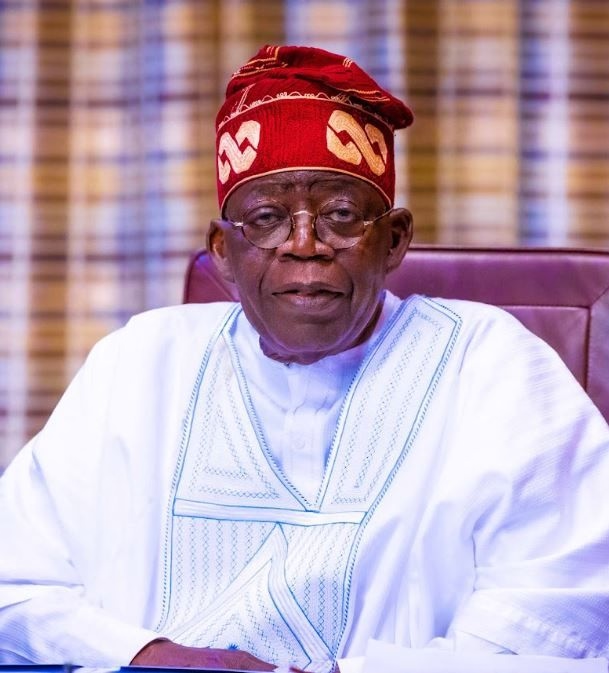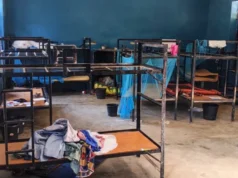Nigeria has just received a $1.5 billion loan from the World Bank as part of the Reforms for Economic Stabilisation to Enable Transformation (RESET) Development Policy Financing initiative.
The loan is meant to support Nigeria’s implementation of critical reforms such as subsidy removal and tax reforms.
According to reports, the loan was approved on June 13, 2024, with the first tranche of $750 million disbursement done on July 2, 2024. A credit facility under the International Development Association (IDA) with a 12-year maturity and six-year grace period.

The second tranche of $750 million was disbursed in November 2024. Another credit facility under the International Bank for Reconstruction and Development (IBRD) with a 24-year maturity and 11-year grace period.
Further details from the document show;
“The borrower has prepared and submitted to the National Assembly on October 3, 2024, a comprehensive package of tax reforms, which not only reform the VAT regime but also simplify tax policy laws and tax administration.
“This document summarises the progress made under the Reforms for Economic Stabilisation to Enable Transformation Development Policy Financing for the Federal Republic of Nigeria (Borrower or Recipient), which was approved by the Executive Directors on June 13, 2024.
“The DPF is a standalone operation comprised of two tranches: (1) the first tranche comprising $750m credit from the International Development Association (Association) (shorter maturity loan terms with a 12-year maturity and grace period of 6 years, Credit No. 7567-NG); and (2) the second tranche comprising a $750m loan from the International Bank for Reconstruction and Development (Bank) (US dollar-denominated, commitment-linked loan with a 24-year maturity and grace period of 11 years, Loan No. 9683-NG).
“The Financing Agreement and Loan Agreement were signed and declared effective on June 19, 2024, and June 26, 2024, respectively. The first tranche was released on July 2, 2024.
“Reforms have also been implemented to fully deregulate the fuel market, ensuring that retail prices are determined by market conditions and opening the sector to competition. The authorities are following through on their commitment to cease deficit monetisation, relying instead on standard debt instruments to finance the deficit.”
Worthy to note that the $1.5 billion loan from the World Bank is part of the $6.95 billion loan from the World Bank that has been secured by Nigeria under President Tinubu’s administration.
JOIN OUR SOCIAL MEDIA CHANNELS





